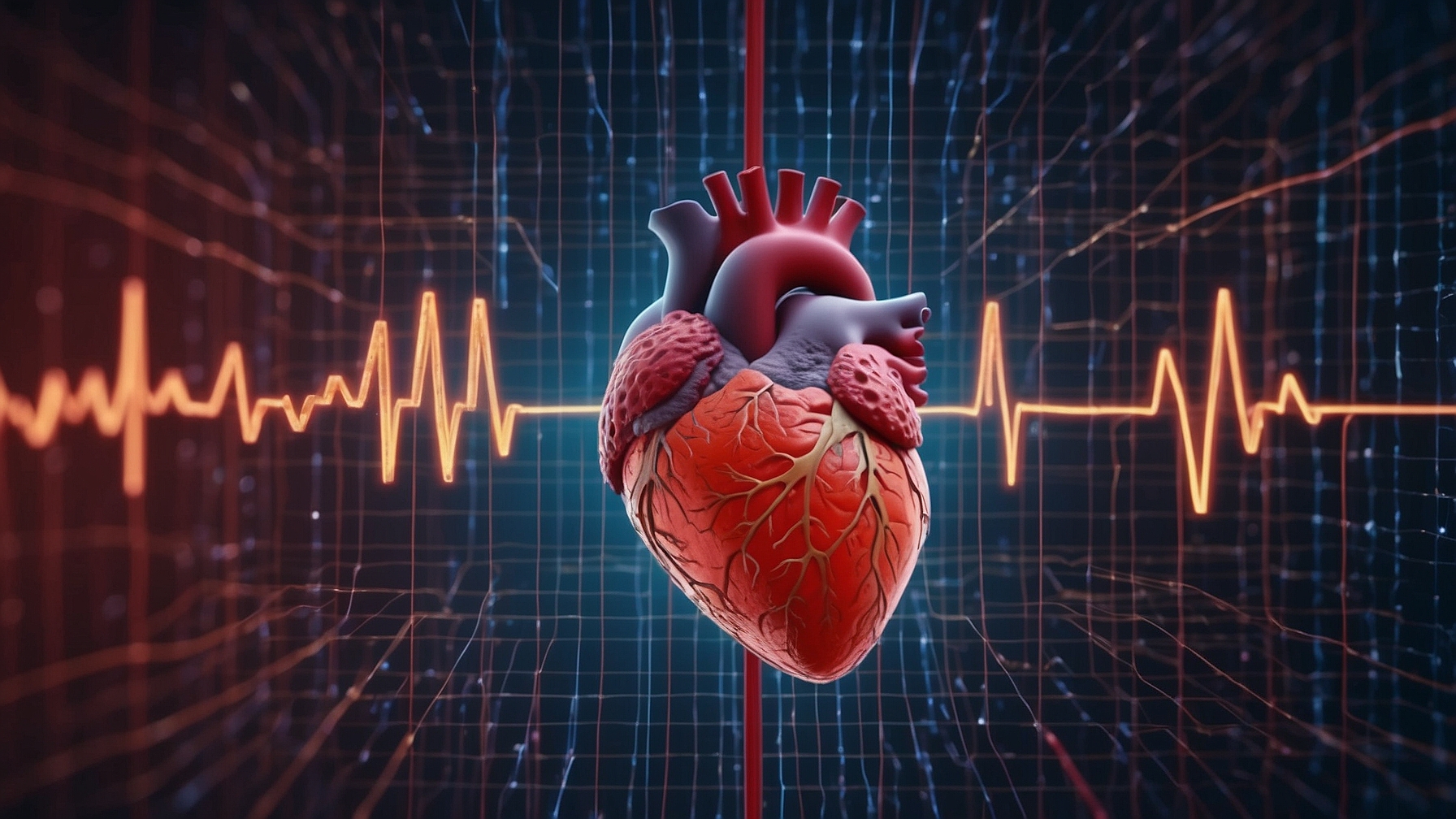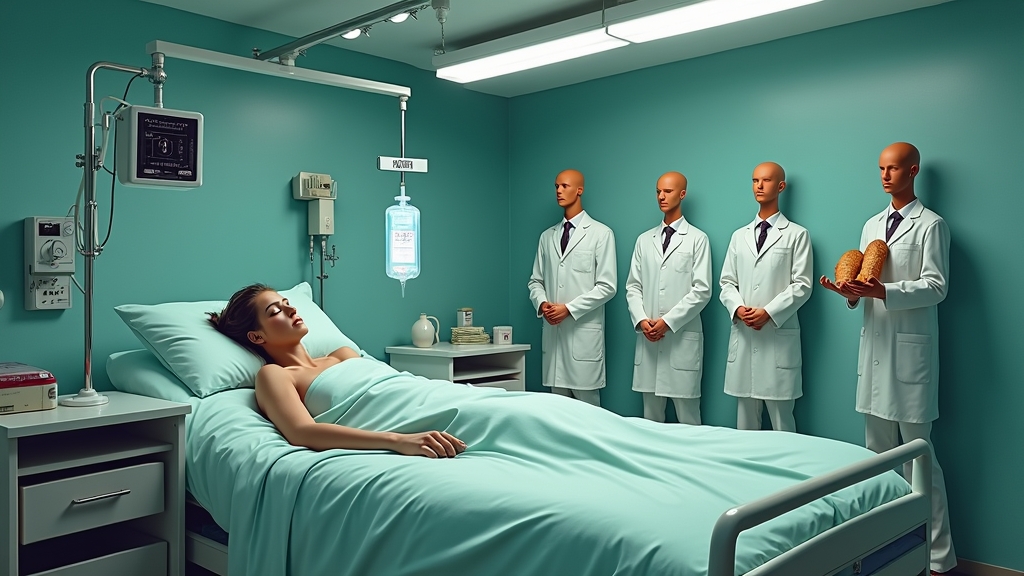Innovative AI Predicts Heart Attacks: Finally a Machine That Knows You’re Dying Before You Do
In a breakthrough that will surely revolutionize the art of worrying about one’s health, scientists have successfully taught computers to predict heart attacks before they even happen, sparking questions such as: Can I still eat that double bacon cheeseburger?
Harnessing the power of supervised machine learning, researchers decided that two models—the aptly named Decision Tree and Multilayer Perceptron (because the names “Magic Heart Predictor” and “The Life Saver 3000” were already taken)—could sift through a migraine-inducing dataset of 1,888 heart-related sob stories. Surprisingly, these models blazed through the labyrinth of cholesterol, sex, and the mystic art of resting ECG, achieving an accuracy rate that only the most optimistic hypochondriac could have ever dreamed of: 92.33%.
“The results are equal parts exhilarating and terrifying,” said Dr. Ima Smart, head researcher at the Institute for Heart Warnings That You’ll Maybe Ignore Anyway. “Now, knowing your heart’s intentions is as simple as letting a series of algorithms peer into your health data. It’s just like having a doctor, without the pesky medical school.”
The study strongly relied on the mere trifle of combining five public datasets, ensuring that it had enough random stuff to feed the machine brain. In perhaps the most riveting aspect of the study, the team decided to delete rows with missing values rather than impute them—a move likened to finally throwing out that old pizza slice hidden at the back of the fridge.
Critics argue that having a digital soothsayer diagnose your potential death doesn’t fully replace the time-honored tradition of WebMD self-diagnoses or Aunt Martha’s dubious herbal treatments. “We’re treading a fine line here,” cautioned traditionalist Dr. Noe Itall. “While this tech can predict heart attacks, it can’t predict the imminent rise in smugness among people who can now convincingly argue with their doctors.”
While some suggest the AI might eventually evolve to unleash its own hypochondriac tendencies upon users, the researchers remain thrilled with the study’s potential—namely, as it paves the way for real-time clinical applications. “Imagine a future where your phone tells you, ‘Hey, maybe don’t run up those stairs,’” envisioned another scientist, before experiencing irony when faced with an Uber Eats delivery.
The next steps involve incorporating optimization algorithms like Particle Swarm Optimization. Because who doesn’t want a digital swarm of particles making life-altering decisions about their heart health?
Ultimately, the project offers hope that one day, healthcare professionals will wield these digital crystal balls effectively—and just maybe, you’ll get to argue with your computer about your cholesterol levels, all while your heart beats on blissfully unaware of its impending audit.





